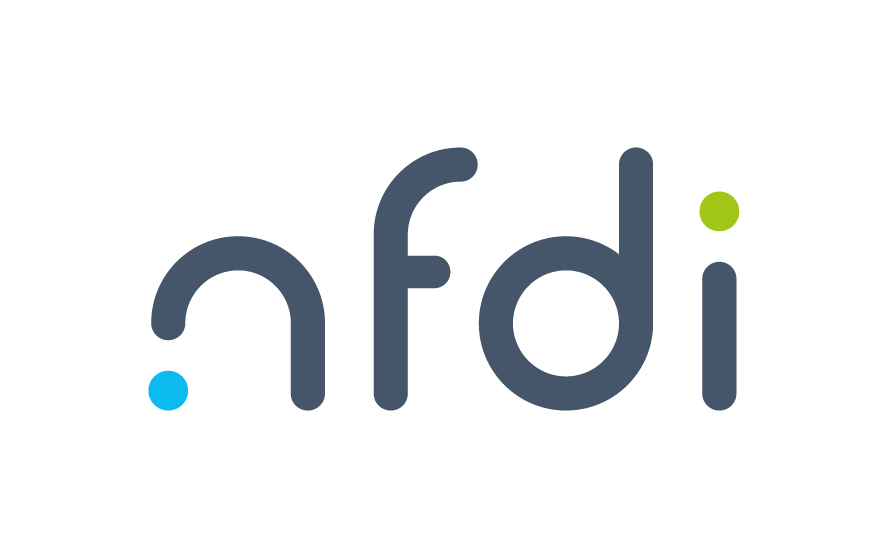BERD@NFDI is dedicated to establishing a research data infrastructure transforming the management of Business, Economic, and Related Data. Our mission is to empower researchers of the social sciences with the tools and services needed to harness the full potential of unstructured data, such as images, videos, audio, and text files.
In today’s data-driven world, the ability to effectively manage and analyze diverse data types is crucial. BERD addresses this need by providing a comprehensive suite of services and tools that help you manage your research data efficiently and effectively. From data collection and indexing to processing, analyzing, and preserving, our state-of-the-art services are designed to support you at every step of the entire data lifecycle, simplifying your research activities.
Find datasets currently scattered around the web or hidden in internal databases all in one place.
Access data on the BERD platform or from trusted sources.
We provide data in standardized formats together with exhaustive metadata information and a DOI.

Get prompt responses.
NFDI, short for “Nationale Forschungsdateninfrastruktur” (National Research Data Infrastructure), aims to make research and scientific data accessible, interconnected, and sustainable for long-term use. Established in 2020 and headquartered in Karlsruhe, the non-profit Association coordinates this effort across Germany, supported by the Federal Government and all 16 German states. The NFDI currently includes 27 consortia, which are collaborative groups of data users and providers from various research fields. These consortia work to ensure access to relevant research data by developing unified data management strategies and integrating existing data collections and services.
For more information: NFDI Homepage.
BERD@NFDI is a research data infrastructure dedicated to transforming the way Business, Economic, and Related Data are managed.
With a special focus on unstructured data, such as images, videos, audio, and text files, BERD@NFDI provides a comprehensive suite of services and tools. These tools facilitate the searching, collecting, indexing, processing, analyzing, and preserving both data and algorithms, simplifying your data management needs throughout the entire research process.
The approach of the initiative aligns with FAIR (Findable, Accessible, Interoperable, and Reusable) principles, ensuring that your data is not only efficiently managed but also conforms to the highest standard of data integrity and accessibility.
Unstructured data refers to information that doesn’t have a predefined format or organized structure, making it difficult to analyze using traditional data processing methods. Unlike structured data, which is neatly organized in databases and spreadsheets, unstructured data includes a wide variety of formats such as text, images, videos, social media posts, emails, and more. This type of data is often vast and complex, falling under the category of “big data.” Due to its diverse and unpredictable nature, specialized tools and techniques, such as machine learning and natural language processing, are required to extract meaningful insights from unstructured data.
The BERD Academy, integral to the BERD@NFDI Initiative, offers free courses in data science and data management for students and professionals in business, economics, and social sciences. With diverse formats accommodating various levels of experience, the academy focuses on application-oriented training to make data science accessible. Covering big data and machine learning, courses address fast-paced developments. Instructors, experts from global institutions, bring real-world challenges, fostering responsible data use.
Recognizing graduates’ toolkits, the academy provides introductory courses to bridge expertise gaps. Self-paced options, including R and Python courses, enhance accessibility. To sustain interest, courses emphasize practical applications and foster peer exchange. Recommendations include ongoing education, adapting university curricula, and integrating current trends to prepare future data scientists for a modern, data-driven economy.
Check out the course offering.
To stay up-to-date on the work of BERD@NFDI, you can subscribe to our newsletter, which provides regular updates and news. Additionally, you can follow us on LinkedIn, Mastodon, or Bluesky for the latest announcements and insights.
Contact us if you have any queries. We will get back to you as soon as possible.